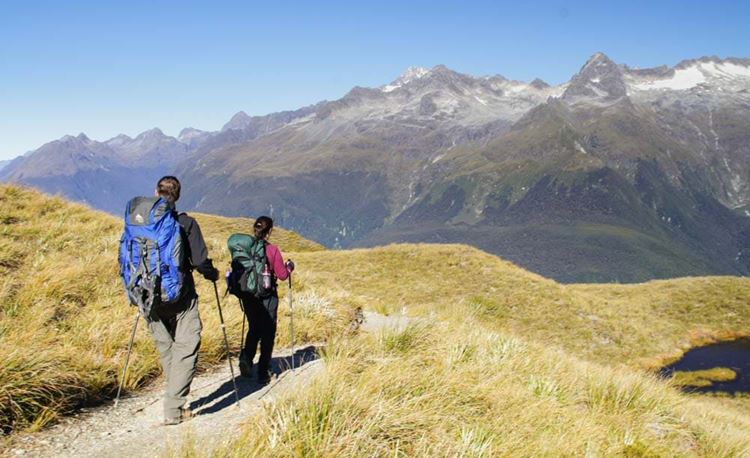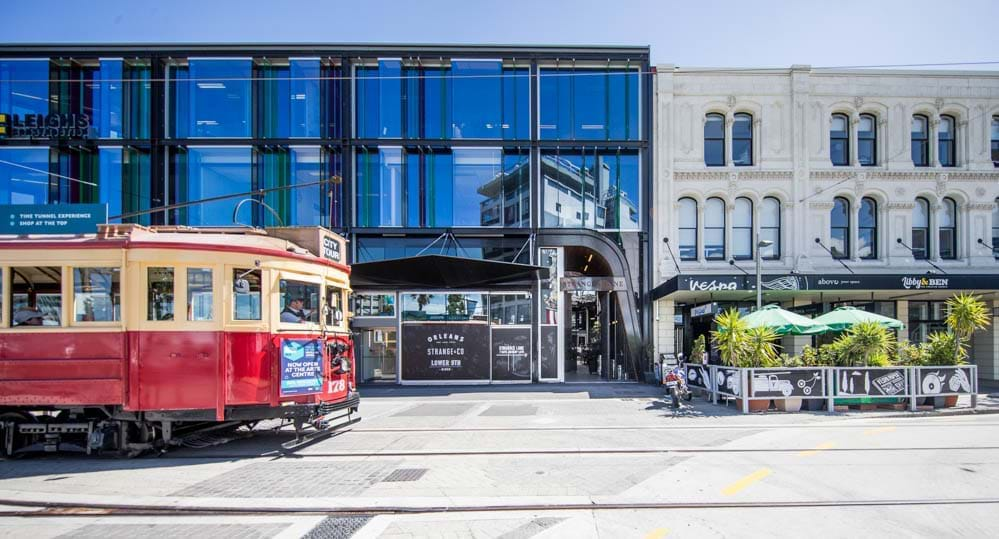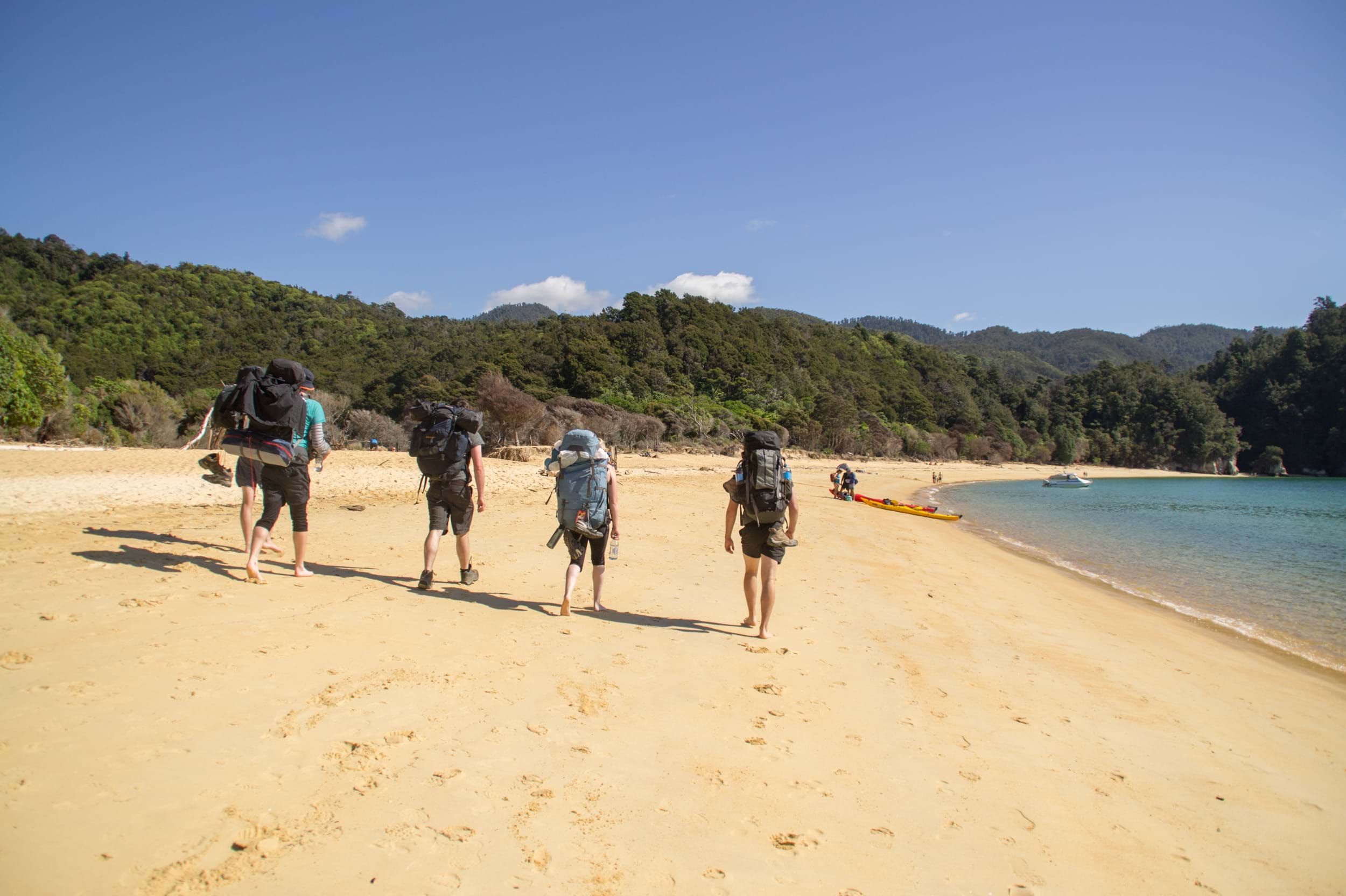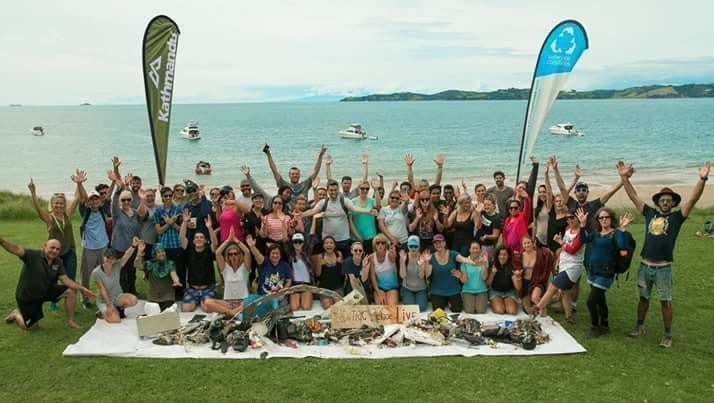
11 Ways To Reduce Your Environmental Impact and Travel Responsibly
Want to travel responsibly, reduce your emissions, and minimise your waste? Here's 12 ways you can work towards travelling carbon zero.
1. Stop smoking
This is maybe the single biggest thing you can do for the planet (if you're a smoker - otherwise, good job!). Cigarette butts are a huge source of pollution, and frankly, it's just kinda gross! Commit to quitting and we promise it'll make your time travelling New Zealand much easier - not only will it save you money, but most of New Zealand (our hostels included) is SmokeFree, so you'll spend much less time looking for a spot you're allowed to light up.
2. Ditch the single use plastics
We all know this one, but we can all improve! Investing in a travel-friendly refillable water bottle, saying no to straws, forgoing hotel toiletries in favour of bringing your own, choosing products with minimal packaging - you know the drill. One of our favourites is reusable bags that scrunch up small enough to live permanently in a small handbag or an outside pocket of your pack - these are a lifesaver for stashing your extra layers when it gets warm, impromptu shopping outings, or grabbing groceries. For bonus points, consider carrying a container so your food leftovers won't go to waste!
3. Go slow
Take a walk or grab public transport instead of Uber. Take a bus instead of a flight. Make use of inner city scooters or bike rentals. In some places you can even grab a scenic train ride! These may mean you spend longer getting to where you're going, but chances are you might find something awesome along the way.
Bonus points: if you do have to rent a car, try an EV.

4. Shorten your showers
Or shower less often. Either way you're not heading to the office! You don't need to wash your hair or shave every day. Heating water uses a huge amount of energy and reducing your showers will directly reduce your carbon footprint. Meaning less gas from the ground and more solar hot water to go around! Winning!
5. Switch off
This one starts before you even leave home! Unplug your appliances at the wall while you're away (or when you're not using them!). Then on the road switch off lights when you leave the room, head to the lounge for communal heating, and find some new travel friends to cook together. The hardest? Switch your devices to flight mode when you don't need them, they'll need less charging and charge faster. Meaning you don't need to leave them plugged in all night. The bonus? You'll switch off those constant notifications while you're at it!
6. Leave no trace
Leave no Trace is an international set of ethics to minimise our impact on the natural environment. There are 7 principles from the outdoors; Plan ahead and prepare, travel and camp of durable ground, dispose of waste properly, leave what you find, minimise the effects of fire, respect wildlife and farm animals, be considerate of others.
Find out more about the 7 principles

7. Buy Smart
When shopping, choose products with the less packaging or packaging that can be responsibly recycled. Find trendy op shops or second-hand stores or try a clothing swap - some of our hostels even have them. Share brochures and guidebooks with other travellers or use a hostel book exchange. Buy from local providers and look for businesses that are carbon neutral or doing their bit to help support the environment!
8. Ask to offset
Always ask your activity providers whether they have a carbon offset option or environmental programme, or try to choose options that display their enviro info clearly upfront. Not everyone will have sustainability initiatives, but by asking we can make sure they know that it's the right thing to do and that as consumers, it's what we expect! Props to the airlines who have a checkbox during the purchase process - flights are a biggie here!
9. Volunteer
Consider checking out local community projects in the areas you're travelling. Not only is it a great way to give back, but you're likely to experience somewhere new with a solid chance to chat to the locals and find out more about their way of life. Great examples include beach clean-ups, tree planting days, local events, and so on. Your local YHA would be a great place to check out what's happening near by.

10. Sleep sensibly
If you're smart, you'll have figured out this means considering shared or hostel accommodation. How come that's more environmentally-friendly, you ask? Easy. Communal kitchen and lounge spaces are a more efficient use of space than putting them in every room, which means you leave less of a footprint. Bear this in mind when considering rented holiday homes too - if there's too many of these in a destination, they can raise rental prices and leave large chunks of the property market out of action for people who want to live there, which isn't very fun for the community.
11. Speak up
Tell the world what you love and where organisations can make some changes. At YHA we love feedback! It helps us continuously improve and helps your fellow travellers make informed decisions. So answer those surveys, post those reviews. Organisations start to get the message when we're all asking them to step up when it comes to the environment.
Emma Crequer & Jasmine Jellyman


